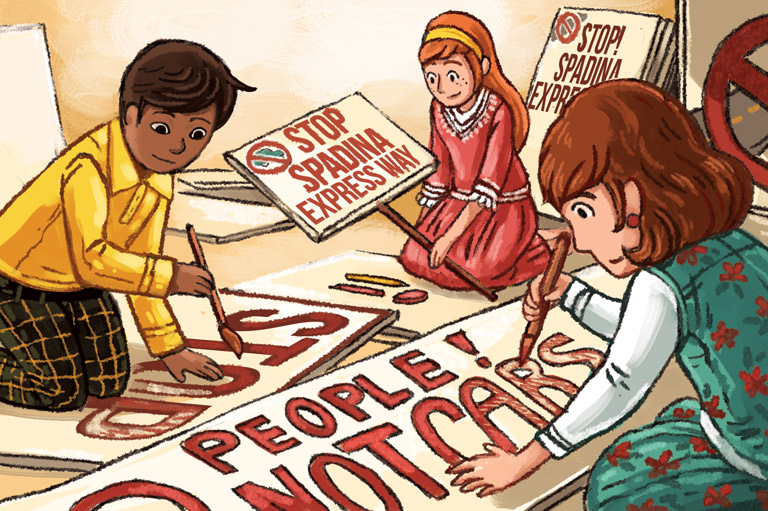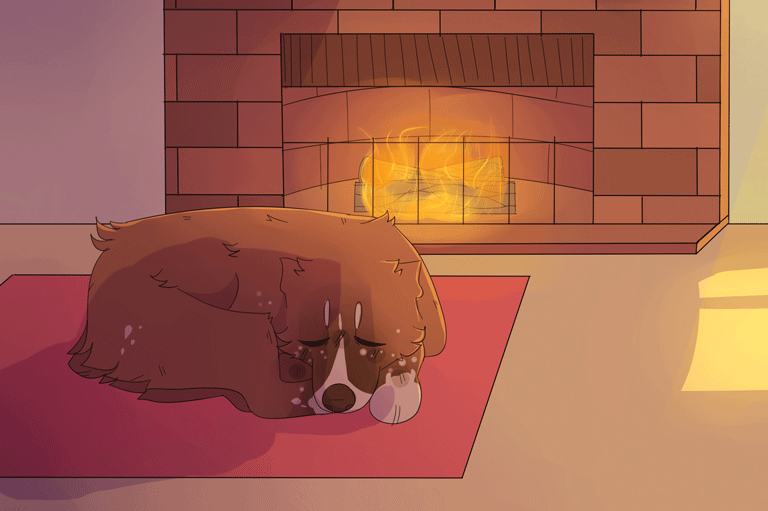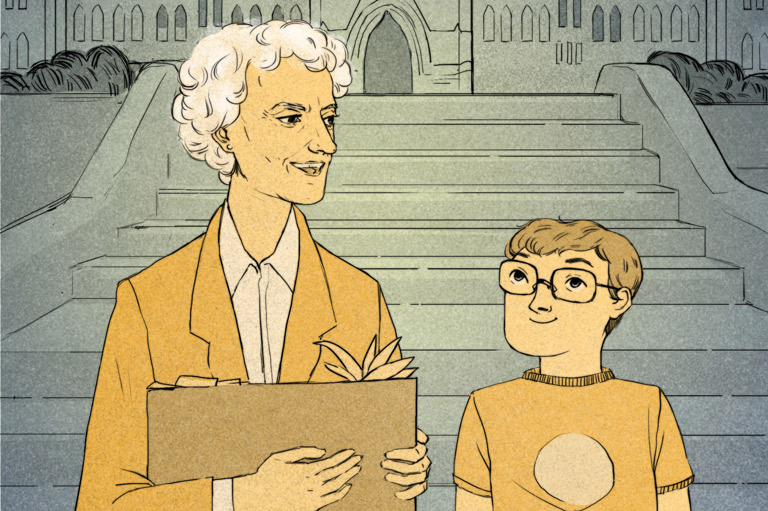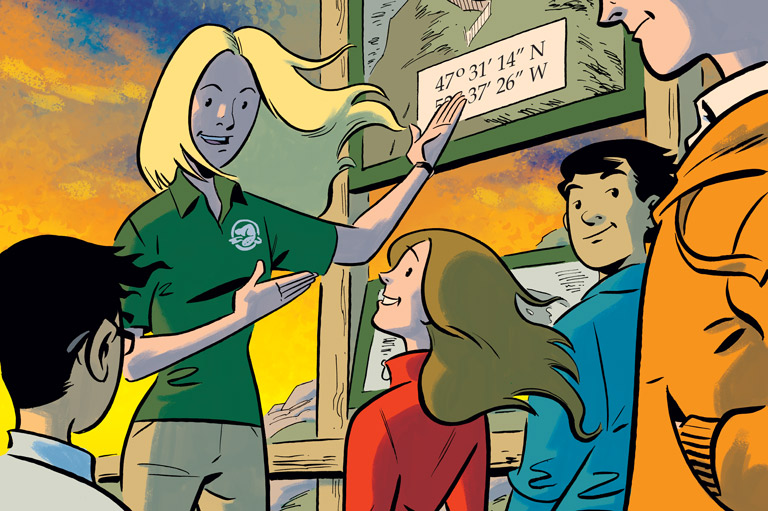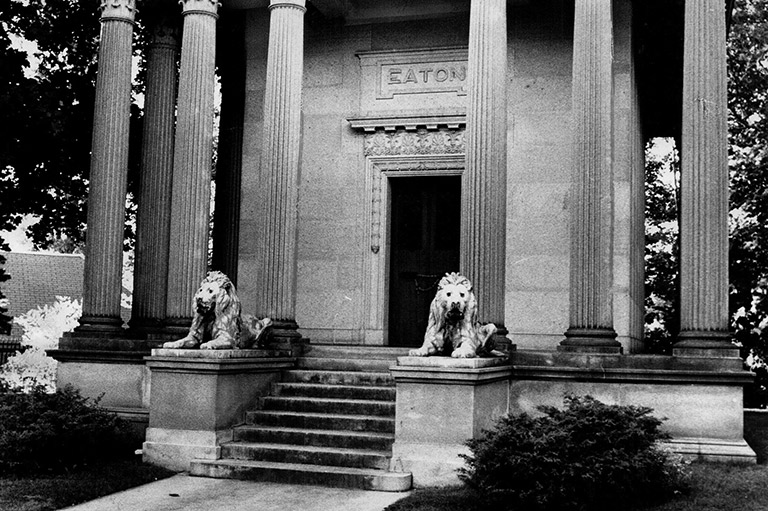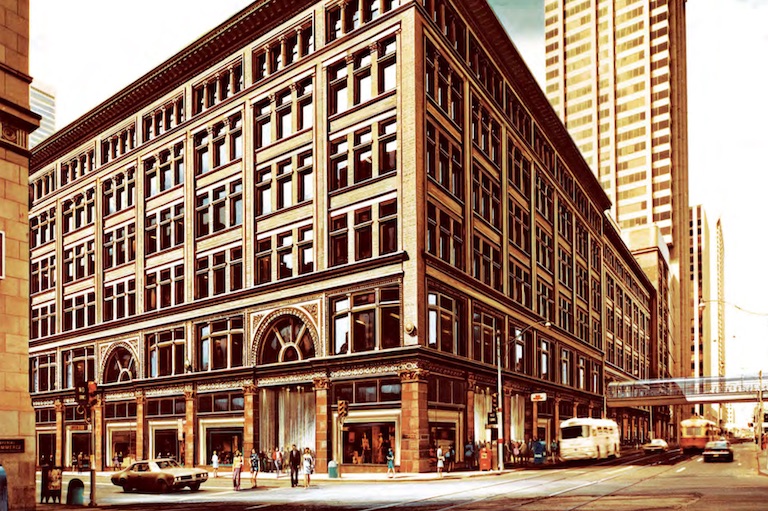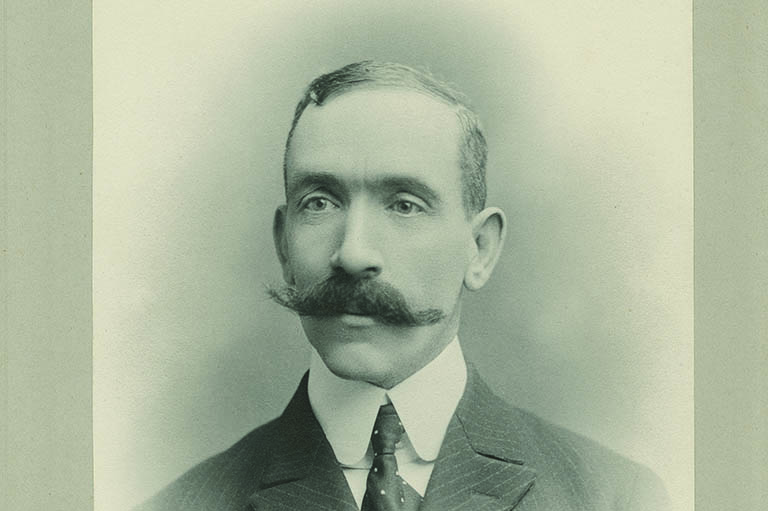Good Meal, Fair Deal
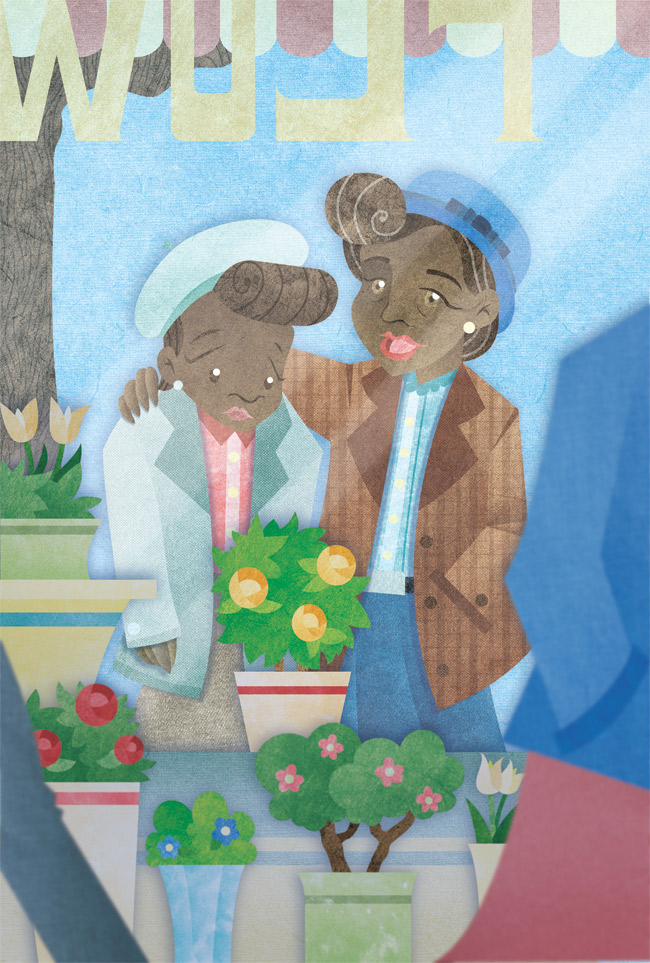
Edmonton, 1951
Carol’s feet were sore. She’d lost track of how many blocks she’d walked. Almost as bad as her aching feet was her broken heart. When she’d left the farm behind and come to the city, she’d never imagined nobody would hire her. She’d tried stores and restaurants and offices — nothing.
Wait! There, in the flower shop was a help wanted sign. Maybe her luck was about to change! But just as she reached up to pull the door handle, a face appeared in the window and stared at her. Then a hand whisked the sign away. A white face. A white hand.
Two minutes ago, the florist had been looking for someone to work in the shop. Someone . . . but not Carol. She gazed at her reflection, knowing why the sign had disappeared but not wanting to admit it. Gazing back at her was a neatly dressed 22-year-old with not a hair out of place under her sensible hat. A young woman with dark skin and big brown eyes. Eyes that were just about ready to overflow with tears.
And then another dark face appeared behind her in the window, this one adorned with a big, warm smile. “Don’t let it get you down, honey. Things’ll turn out right in the end, even if it doesn’t look that way right now.”
Carol’s day had been so full of unkind people that a friendly word was enough to make her tears spill over. “I just want to work but no one will hire me. I can type and I know shorthand and I’m really good with people, but all anyone sees is the colour of my skin.”
The older woman folded her into a hug. “I’m just so tired,” Carol wept into her shoulder.
“And hungry, too, I’ll bet,” the woman said with a grin. “Come on. My name is Hattie, and you’re coming with me. Think those feet can take you a bit farther?”
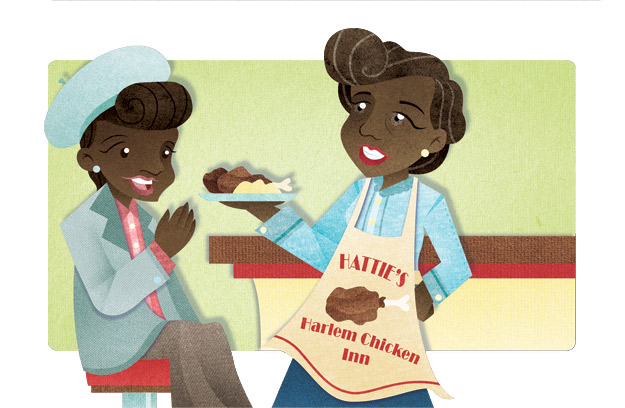
“Of course!” Carol said, “But a free meal and a job . . . why are you being so kind?”
Hattie’s face grew more serious. “It’s pretty simple, really. Seven years ago, I was just like you. I’d split up with my husband and I had my younger brother and sister to look after, plus a baby of my own. Couldn’t get a job anywhere in Edmonton for the same reason you can’t. If we were going to eat, I was going to have to figure out a way to make some money. And the only way a Black gal could make money was to open her own business, so here we are.”
One of the waitresses, with a nametag that said Darlene, set a plate down in front of Carol and then put an arm around her. “Say, can you play softball? Because we could use you on our team.”
She rolled her eyes. “Hattie sponsors us, so we’re called the Harlem Chicks.” She pointed to the kitchen, where Hattie had opened the back door and was handing a paper bag to an embarrassed-looking man.
“Hattie has the biggest heart around. Nobody goes away hungry, whether they can pay or not.”
Just then, a group of men in matching suits and shiny shoes burst in, laughing and joking with the other diners. “Looks like they’re going to grab a bite before they play,” said Darlene, grabbing the coffee pot. “I’ll catch you later. Can’t let a jazz man wait for his grub!”
Carol looked around her, amazed at all the friendly Black faces. Then she remembered how hungry she was. As she picked up a piece of chicken, a smile sparkled in her eyes. It looked like her trip to Edmonton was going to be a success after all.
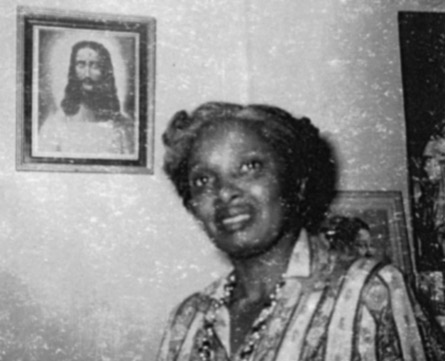
In our time, when you can find every kind of food even in small towns, and discrimination is against the law, it’s hard to imagine that there was a time, likely during your grandparents’ lives, when things were very different.
In the 1940s, it was almost impossible for Black people to get good jobs in much of Canada.
About the only work available was as a servant or cook, for women, or on the railways for men. Or, like Hattie Melton, you could start your own business.
For 25 years starting in 1944, Hattie’s Harlem Chicken Inn in Edmonton served up delicious food. Hattie (sometimes spelled Hatti) would feed anyone who was hungry, even if they couldn’t pay.
She hired many young women and men who had never been able to get another job.
Jazz musicians like Big Miller and singer Pearl Bailey ate at her restaurant, which was an important meeting place for the Black community of Edmonton.
Thanks to Section 25 of the Canadian Charter of Rights and Freedoms, Canada became the first country in the world to recognize multiculturalism in its Constitution. With your help, we can continue to share voices from the past that were previously silenced or ignored.
We highlight our nation’s diverse past by telling stories that illuminate the people, places, and events that unite us as Canadians, and by making those stories accessible to everyone through our free online content.
Canada’s History is a registered charity that depends on contributions from readers like you to share inspiring and informative stories with students and citizens of all ages — award-winning stories written by Canada’s top historians, authors, journalists, and history enthusiasts.
Any amount helps, or better yet, start a monthly donation today. Your support makes all the difference. Thank you!
Themes associated with this article
Advertisement
You might also like...
Kayak: Canada’s History Magazine for Kids — 3 digital issues per year for as low as $13.99. Tariff-exempt!

Canada’s History Archive features both English and French versions of Kayak: Canada’s History Magazine for Kids.

